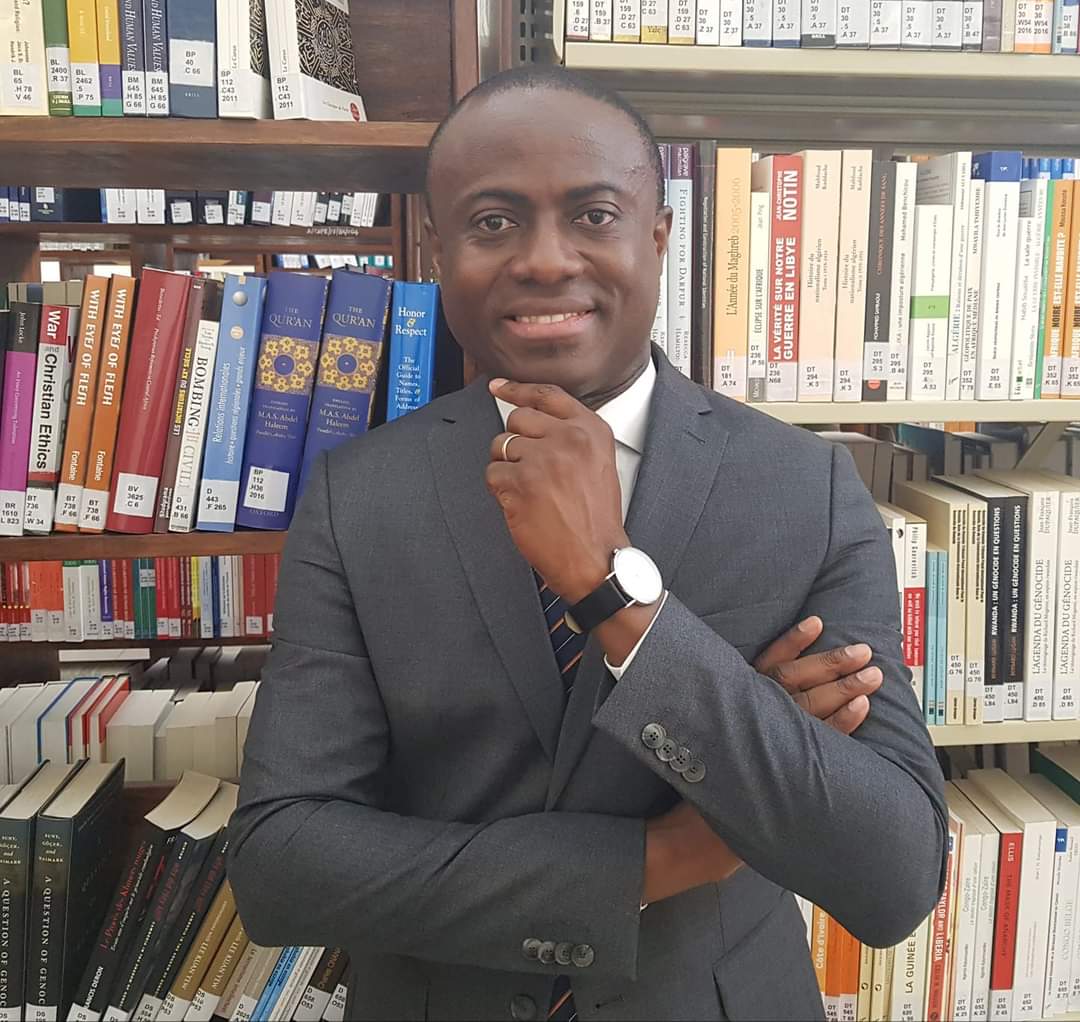> Human Rights Lawyer and Constitutional Law Expert with 20 years’ experience in the legal and judicial protection of human rights, the rule of law, international human rights law, constitutional governance and democratisation in Africa.
> Academic and practitioner with sound legal research, analytical, and drafting skills with an excellent command of English and French, and demonstrated knowledge of the common and civil law frameworks.
> International consultant with vast and diverse engagement with reknown institutions including International IDEA, African Network of Constitutional Lawyers, American Bar Association, Africa Judges and Jurists Forum, International Commission of Jurists, Institute for Human Rights and Development in Africa, Equality Now, Pan African Lawyers Union, USAID, OSIWA, and the Kenya Human Rights Commission.
> Lawyer with extensive knowledge of the justice sector, public agencies, intergovernmental organisations, academic institutions, donors and civil society in law auditing, training, advisory work, advocacy, litigation, adjudication, research, publication and programme management.
> Facilitator of trainings for lawyers, judges, civil society and academics on litigation in regional human rights bodies in Africa; and of engagements for constitutional courts judges, government officials, civil society and political parties on drafting of constitutions in post transition frameworks.
> Senior level engagement with regional human rights institutions globally, including the European Court of Human Rights, the Inter-American Court of Human Rights, the International Court of Justice, and the International Criminal Court.
> Extraordinary lecturer, Centre for Human Rights, University of Pretoria – Faculty member, Constitution Building in Africa Course, Central European University – Supervisor and examiner for masters and doctoral theses at the University of Pretoria, University of Cape Town, University of the Western Cape.
> Judge and Presiding Judge of various international litigation competitions, including the African Human Rights Moot Court Competition, the Africa Gender Equality Moot Court Competition, and the Nuremberg Moot Court.
> Author of books, book chapters, journal articles, case commentaries, studies, and reports on international law, human rights, constitutional law, democracy, and international criminal law published in reknown and accredited international publication media.
> Editor and reviewer of law reports and law journals including the Africa Journal of Comparative and Constitutional Law, Journal of African Law, Journal of Comparative Law in Africa, African Human Rights Law Journal, African Human Rights Yearbook, and the Netherlands Quarterly of Human Rights.
> Member of the Pan African Lawyers Union, African Court Coalition, Benin Association of Constitutional Lawyers, African Association of Constitutional Lawyers, International Association of Constitutional Lawyers, and Pretoria Centre for Human Rights and Democratisation Alumni Association.
Testimonials
In the African context, this is a real achievement of scientific coordination. It augurs well for the contribution of the initiative in which he is participating to the dissemination and enrichment of legal knowledge in and about Africa. May the initiator receive our encouragement.
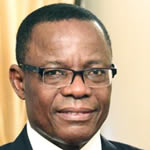
Member of the United Nations Commission on International Law
President of the Movement for the Renaissance of Cameroon
Former Minister of Justice of Cameroon
This blog is also a space. For its author, it is all about contributing to the making of knowledge about Africa and in Africa on main challenges that the continent grapples with every day. As such, it is a forum for exchange and a platform for proposals of innovative solutions in response to the political demand addressed to researchers on the continent.
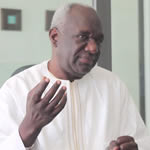
Honorary Dean of the Faculty of Political and Legal Sciences of the Gaston Berger University
Former Vice-President of the Constitutional Council of Senegal
In the course of our discussions, but also in reading his publications and thematic studies prepared for the Court's use, I was greatly impressed by his fine legal culture, his great intellectual curiosity as well as his solid thinking, analytical and drafting skills.
Horace Adjolohoun has accumulated a wealth of theoretical and practical experience in the field of international human rights law (UN and African Union law in particular) and, as a result, I warmly welcome his initiative to launch a blog on justice in Africa. I wish this initiative full success.
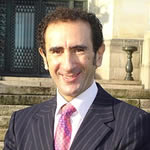
Member of the International Commission of Jurists
Former President of the United Nations Commission of Inquiry on Burundi
Former Judge and Former Vice-President of the African Court on Human and Peoples' Rights
There is no doubt that the launch of his blog - one more initiative demonstrating his dynamism - will provide an enlightened deciphering of the practice of law in Africa. I wish long life to this initiative which, I am sure, will meet a deserved success.
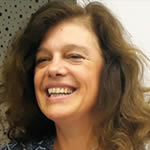
Judge at the Constitutional Court of Andorra
African Values
I believe Africa can realize its full potential by embracing three main values: Ubuntu, Justice and Work.
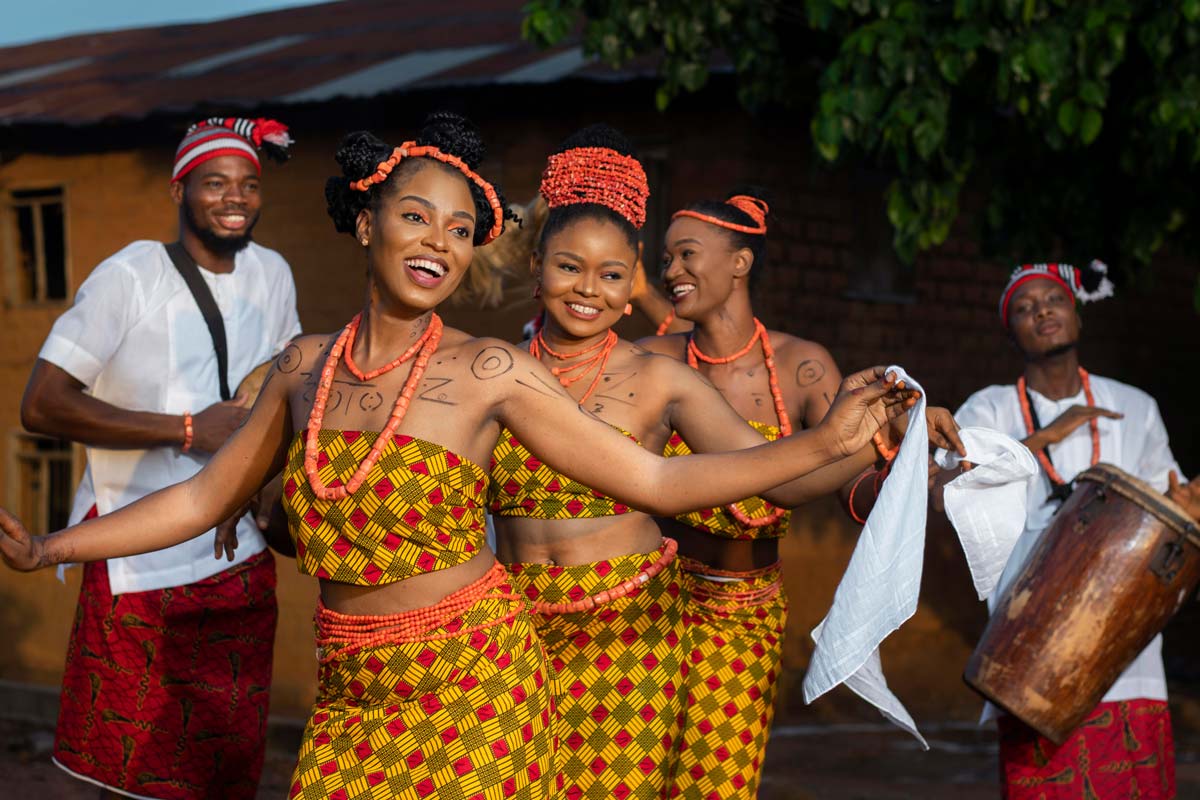
Ubuntu
The very African philosophy of ’umuntu ngumuntu ngabantu’, which is ’you are because I am’ is one of the main recipes for Africa’s development. It is no mystery that Asia’s success is grounded in putting others’ interest and family at the heart of all societal endeavours. Ubuntu symbolises humanity, solidarity and duty to hold family and community sacred in the pursuit of socio-economic and cultural development.
Justice
When inequality and discrimination persist, justice is the only recourse. In Africa where poverty is both causal and consequential to – natural – resource conflict, justice and community oriented equality must be the compass for welfare. Justice has always been inherent to African cultures and traditions even at the climax of ’under the tree’ amicable settlement. In the state building enterprise, Africa should pull its energy from indigenous justice paradigms.
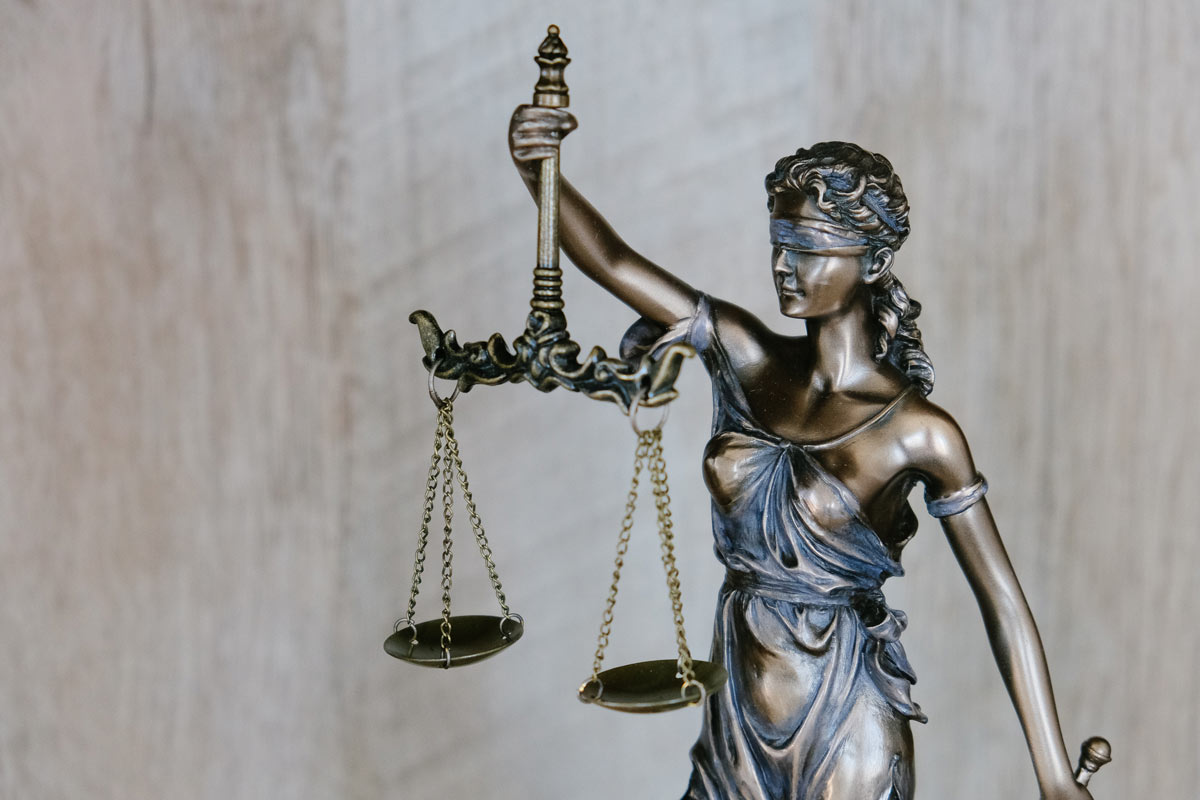
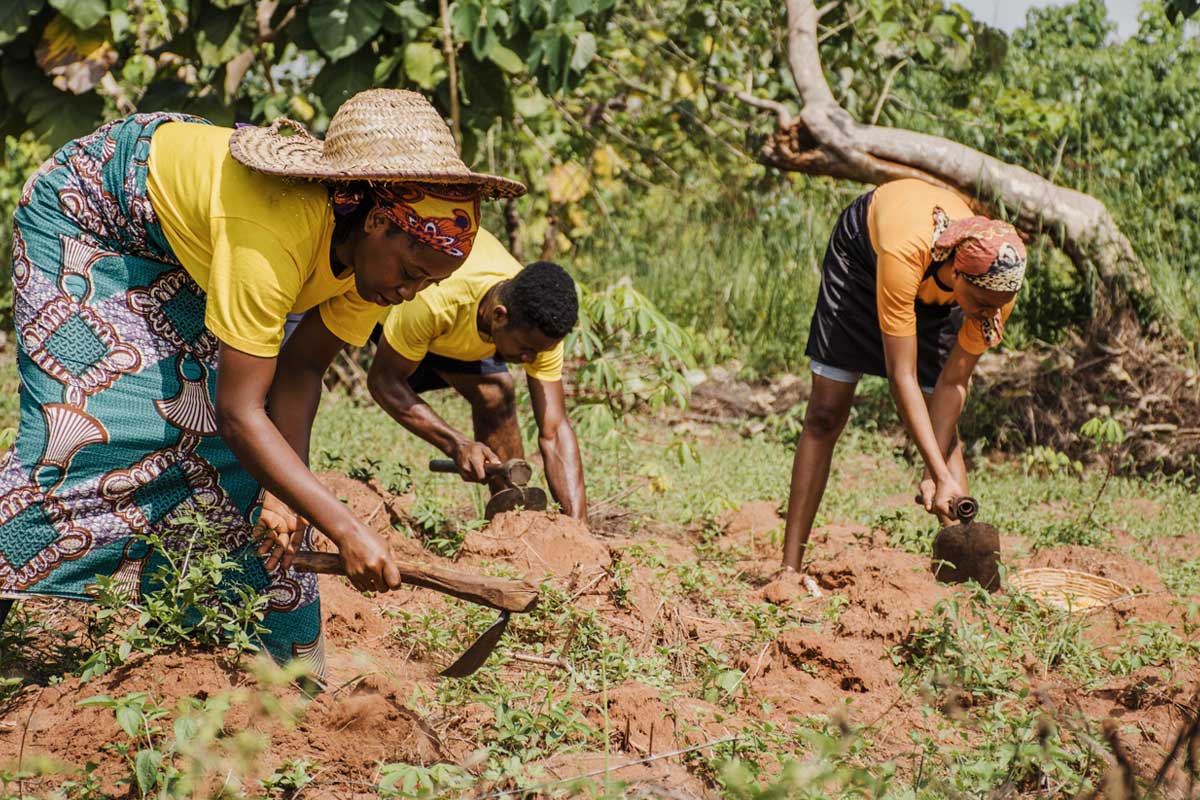
Work
It is not an overstatement to consider that work is the most African human concept that has ever existed. It should in no way sound nostalgic or self-victimising to state that slavery, colonisation and post-colonisation are glaring evidence that other civilisations consider intelligence, creativeness and inventiveness as naturally African. Innovative work should therefore become the means and the aim that every African look up to in seeking to create value in all sectors relating to development.
